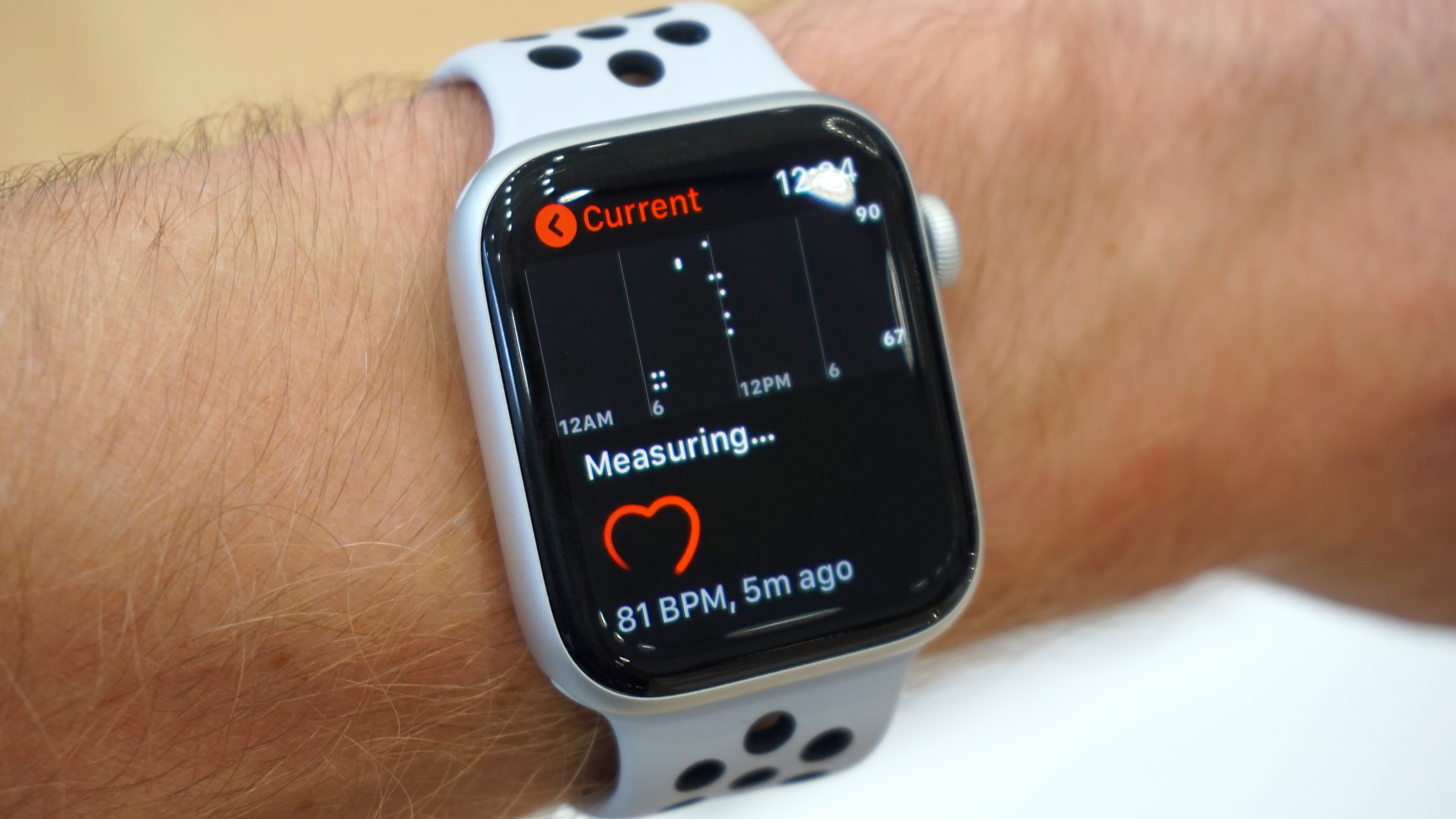The Apple Watch 4 ECG is 98% accurate at detecting AFib, says study
Its software identifies irregular heart rates linked to the medical condition

Sign up for breaking news, reviews, opinion, top tech deals, and more.
You are now subscribed
Your newsletter sign-up was successful
Apple revealed the Apple Watch 4 at its event earlier this week, and aside from the obvious screen upgrade, the new smartwatch added additional health features, including the ability to take an FDA-approved electrocardiogram (ECG). To do get this approval, they funded a long-term study that found the smartwatch’s ECG-detecting software could accurately identify a serious condition known as atrial fibrillation (AFib) over 98% of the time.
The Apple Watch 4 uses its wrist sensor to monitor the wearers heart rate. Its ECG feature specifically looks for heart rates that are too fast, too slow or too irregular – activity that’s linked to AFib. If it detects such activity, it alerts the wearer.
The Apple-sponsored study submitted to the FDA, called the Apple Heart Study and created in partnership with Stanford Medicine, started last November and finished earlier this month. It included 588 individuals – half had AFib, while the other half had healthy heart rates.
During the study, Apple Watches with a study-specific app were able to identify over 98%of patients who had AFib and over 99% who were healthy. The study helped Apple get two FDA clearances by using data to show its device worked safely.
The Apple Watch 4’s single sensor wouldn’t be a replacement for proper medical procedure, as Quartz points out. Medical protocol for ECGs typically requires attaching a dozen different “leads” placed over the patient’s body to survey their heart activity. In the FDA’s approval letter (PDF), the agency required Apple to notify users of its ECG software of the risks in faulty arrhythmia detection and the dangers of misinterpretation or over-reliance on the software.
The FDA will consider the Apple Watch 4 a 'class II' risk device; For reference, pacemakers are 'class III'.
Sign up for breaking news, reviews, opinion, top tech deals, and more.

David is now a mobile reporter at Cnet. Formerly Mobile Editor, US for TechRadar, he covered phones, tablets, and wearables. He still thinks the iPhone 4 is the best-looking smartphone ever made. He's most interested in technology, gaming and culture – and where they overlap and change our lives. His current beat explores how our on-the-go existence is affected by new gadgets, carrier coverage expansions, and corporate strategy shifts.